Plant-Based Powerhouses Proven to Lower Bad Cholesterol
A plant-based diet, rich in fiber, antioxidants, and healthy fats, has been clinically shown to reduce LDL levels and support overall cardiovascular health. In this guide, we’ve expanded our list of plant-based powerhouses to lower bad cholesterol, each backed by science and packed with heart-healing potential. These aren’t obscure superfoods or hard-to-find ingredients—they’re everyday heroes that can transform your plate and protect your heart — one bite at a time.
1. Understanding Cholesterol: The Good, the Bad, and the Essential
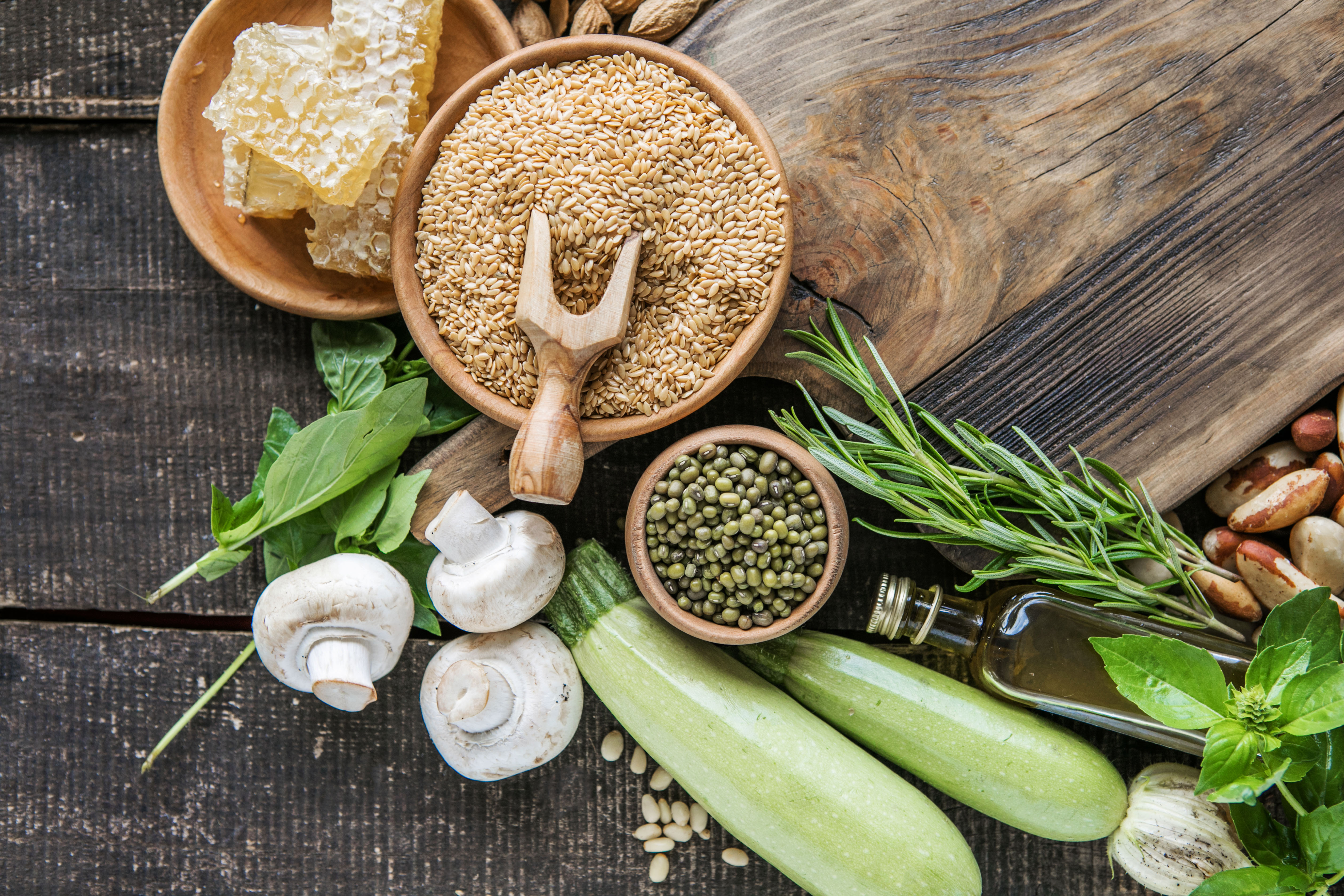
Cholesterol is often painted as a villain in the narrative of heart health, but it’s more nuanced than that. There are two main types: low-density lipoprotein (LDL), often referred to as "bad" cholesterol, and high-density lipoprotein (HDL), the "good" cholesterol. LDL contributes to fatty buildups in arteries, while HDL helps remove cholesterol from the bloodstream. Balancing these types is crucial. Diet plays a significant role in managing these levels. Plant-based foods are rich in fiber and healthy fats, which can help reduce LDL levels while maintaining or even boosting HDL levels, creating a healthier cholesterol balance.
2. The Power of Plant-Based Diets: A Nutritional Overview
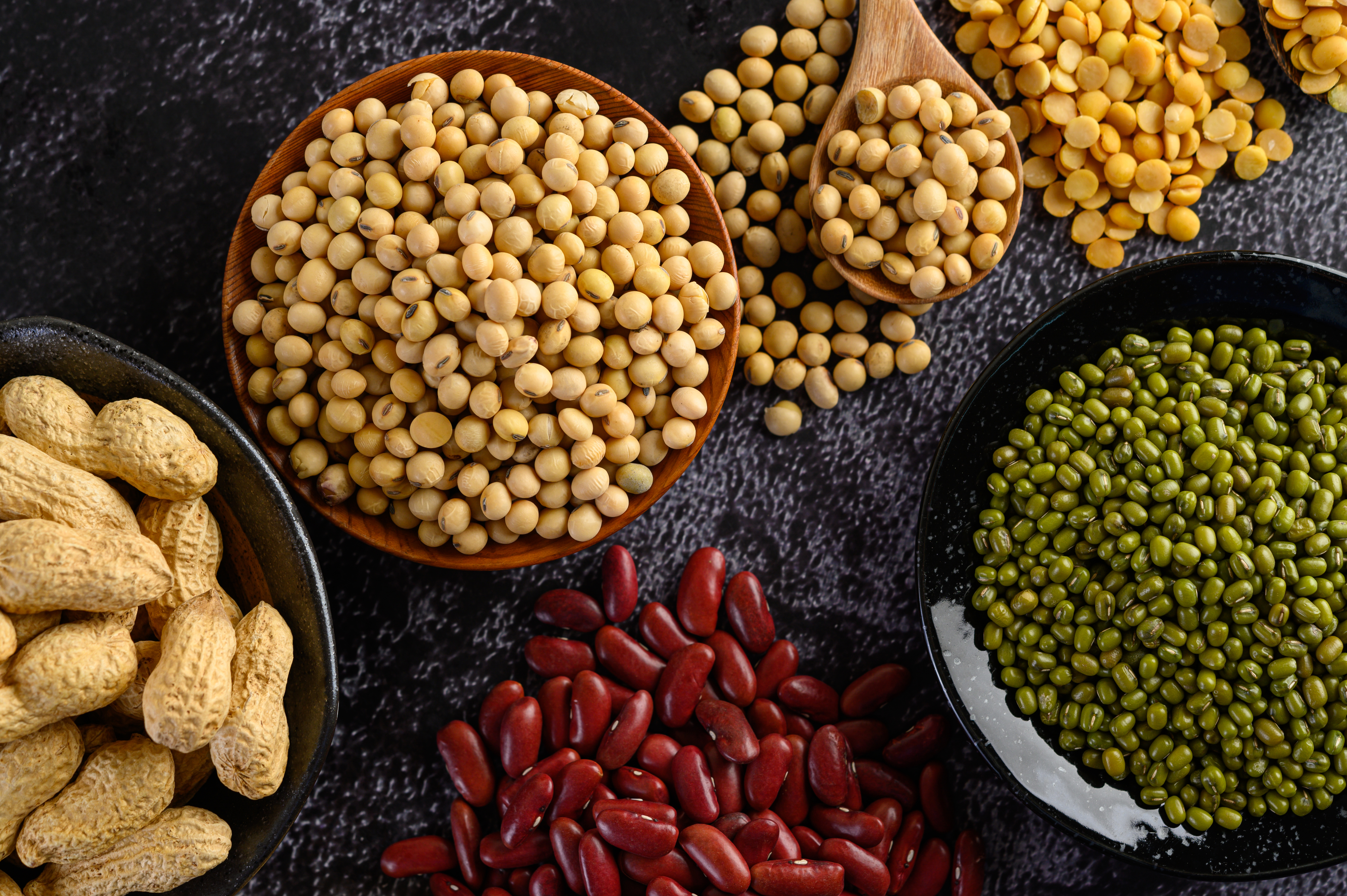
A plant-based diet emphasizes fruits, vegetables, whole grains, nuts, seeds, and legumes, minimizing or eliminating animal products. This dietary approach not only supports weight management but also reduces the risk of chronic diseases, including heart disease. Plant-based diets are high in dietary fiber, antioxidants, and phytonutrients, which can help reduce inflammation and improve heart health. They are also low in saturated fats, which are known to increase LDL cholesterol. The shift towards plant-based eating can be transformative, enhancing overall well-being and promoting a healthier heart.
3. Avocados: Creamy Cholesterol Fighters
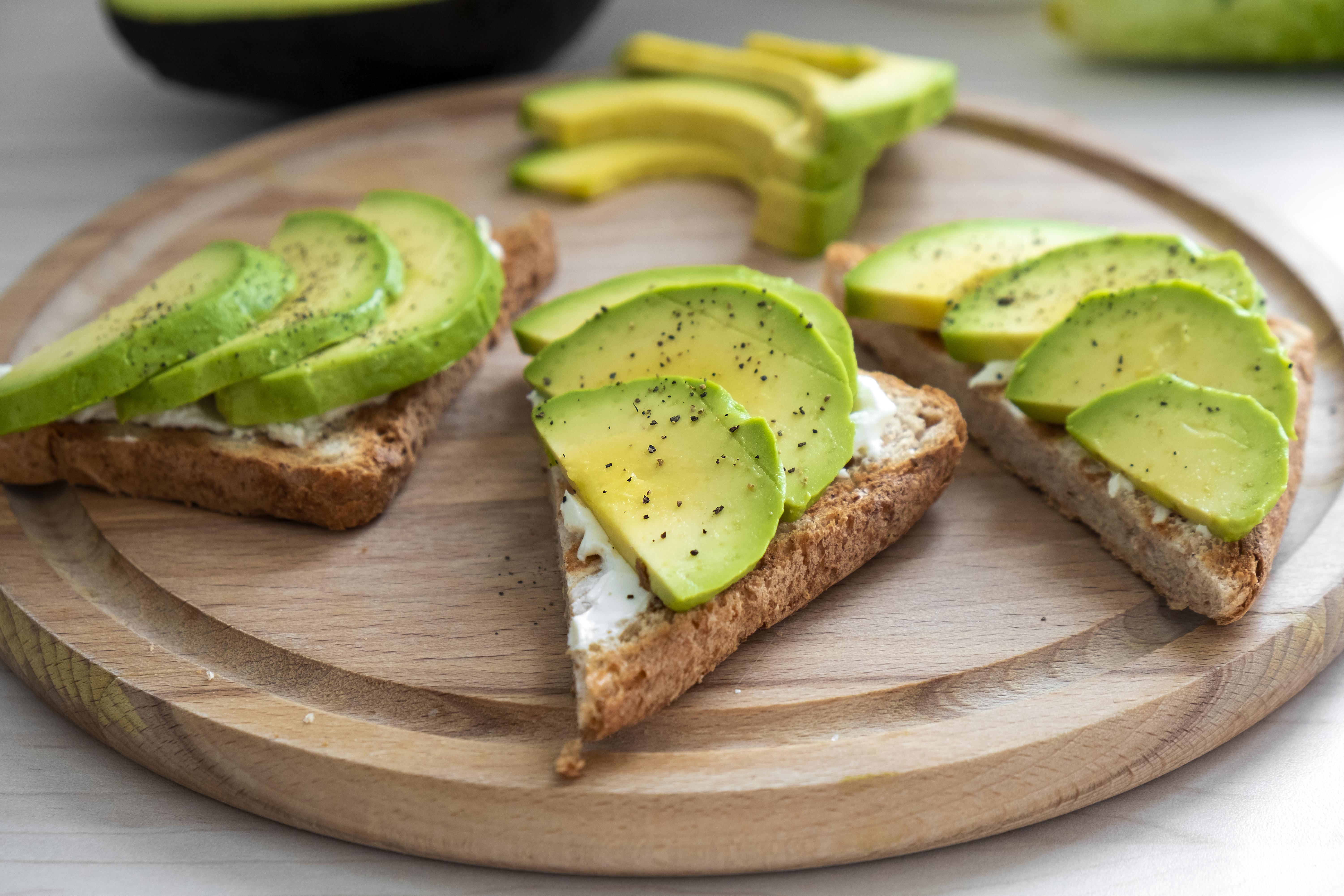
Avocados are more than just a trendy toast topping; they are a heart-healthy powerhouse. Rich in monounsaturated fats, avocados can help lower LDL cholesterol while maintaining HDL levels. They are also packed with fiber, which aids in cholesterol management by binding to cholesterol in the digestive system and removing it from the body. Incorporating avocados into your diet is simple; they can be added to salads, smoothies, or even used as a substitute for butter or mayonnaise. Their versatility and health benefits make them a valuable addition to a heart-conscious diet.
4. Nuts and Seeds: Tiny Titans of Heart Health
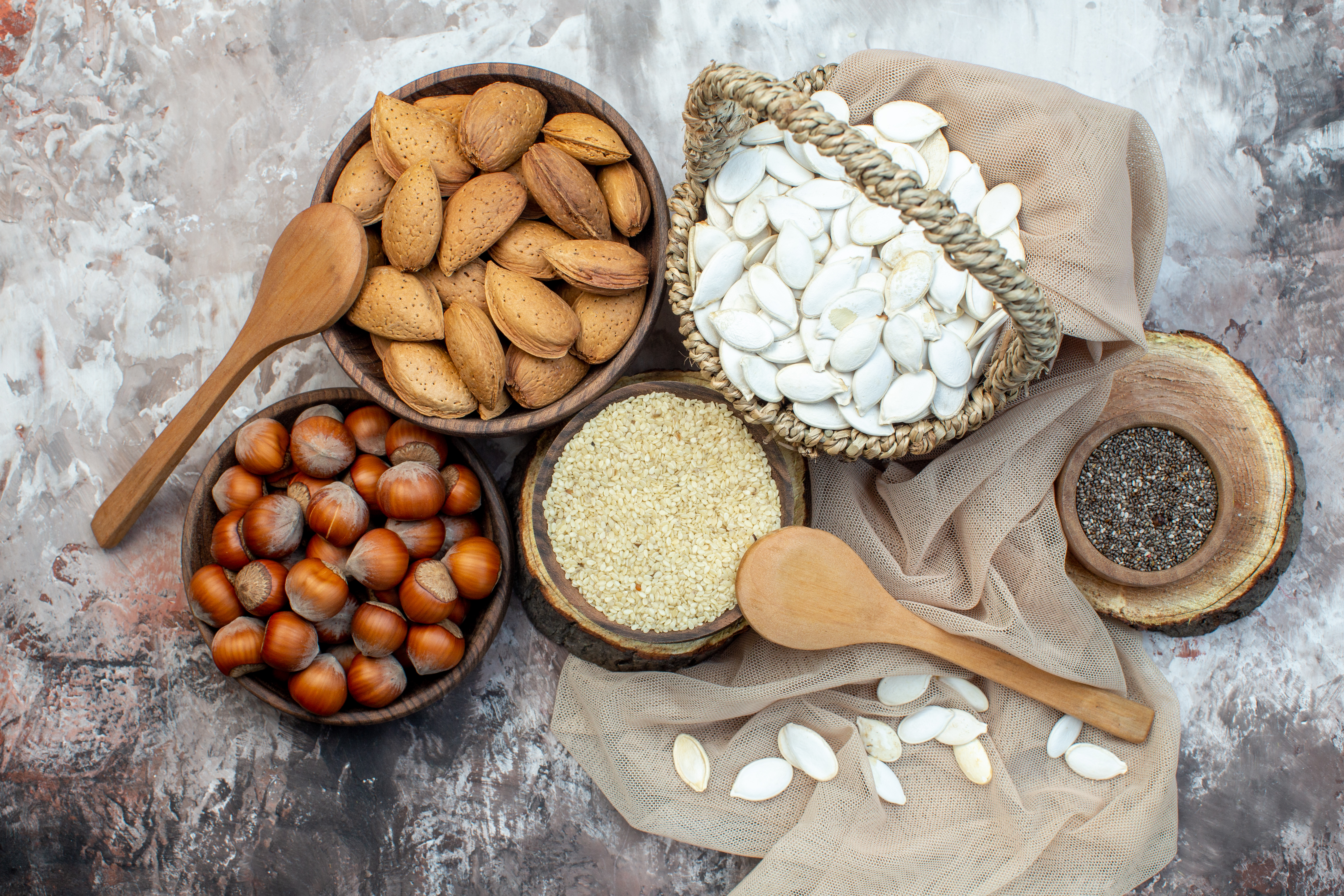
Nuts and seeds may be small, but their benefits are mighty. Almonds, walnuts, flaxseeds, and chia seeds are particularly effective in lowering cholesterol levels. These foods are rich in omega-3 fatty acids, fiber, and plant sterols, compounds that block cholesterol absorption in the intestines. Regular consumption of nuts and seeds can lead to significant reductions in LDL cholesterol and improvements in overall heart health. They make for an easy snack, can be added to oatmeal or yogurt, and provide a satisfying crunch to salads and stir-fries.
5. Oats and Barley: Grains with a Heart
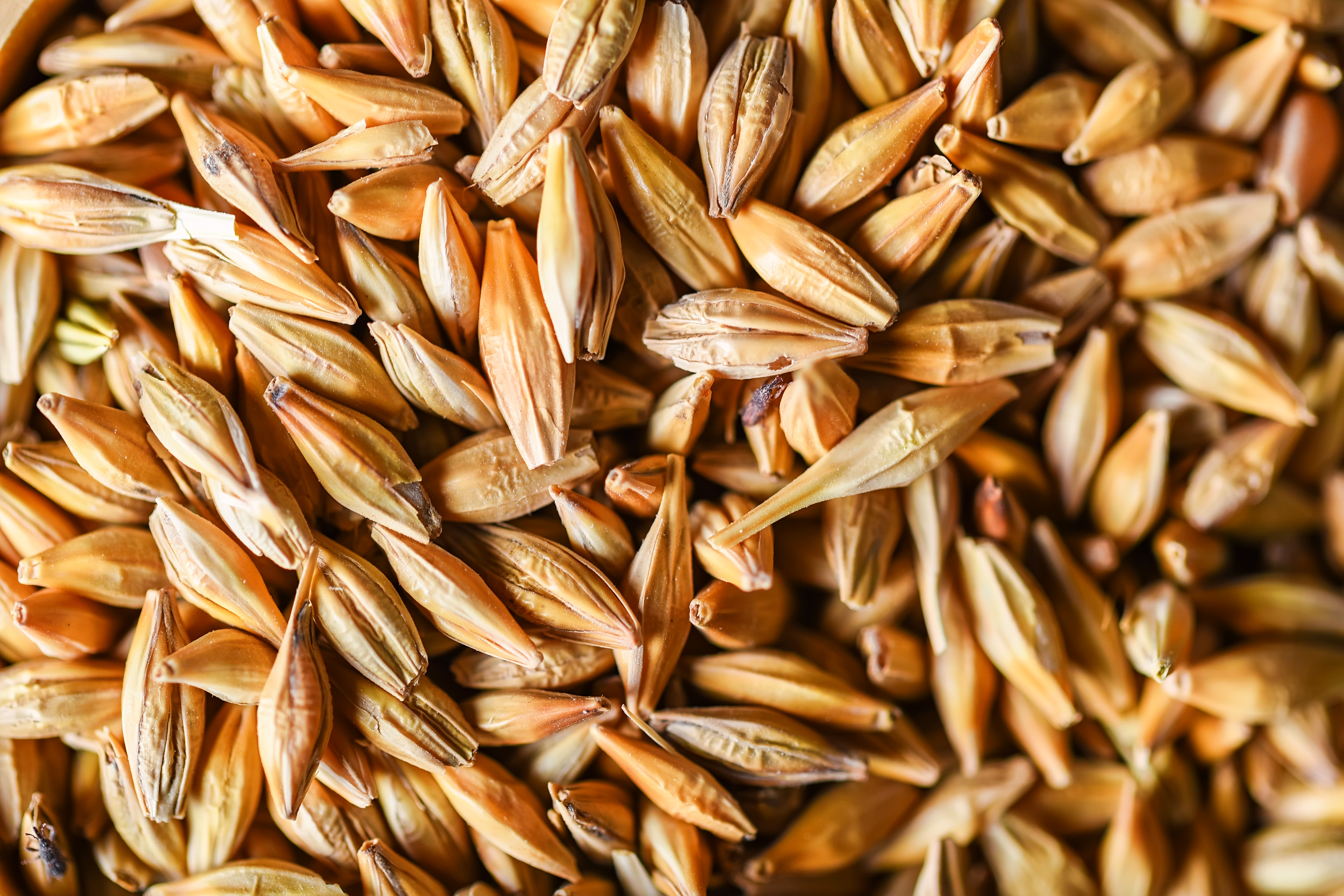
Oats and barley are whole grains that have earned their reputation as cholesterol busters. They contain beta-glucan, a type of soluble fiber that forms a gel-like substance in the gut, binding to cholesterol and preventing its absorption. Studies have shown that consuming just 3 grams of beta-glucan daily can lower LDL cholesterol by 5-10%. Starting your day with a bowl of oatmeal or incorporating barley into soups and stews can be a delicious and effective way to improve your cholesterol profile and support heart health.
6. Berries: Sweet and Heart-Smart
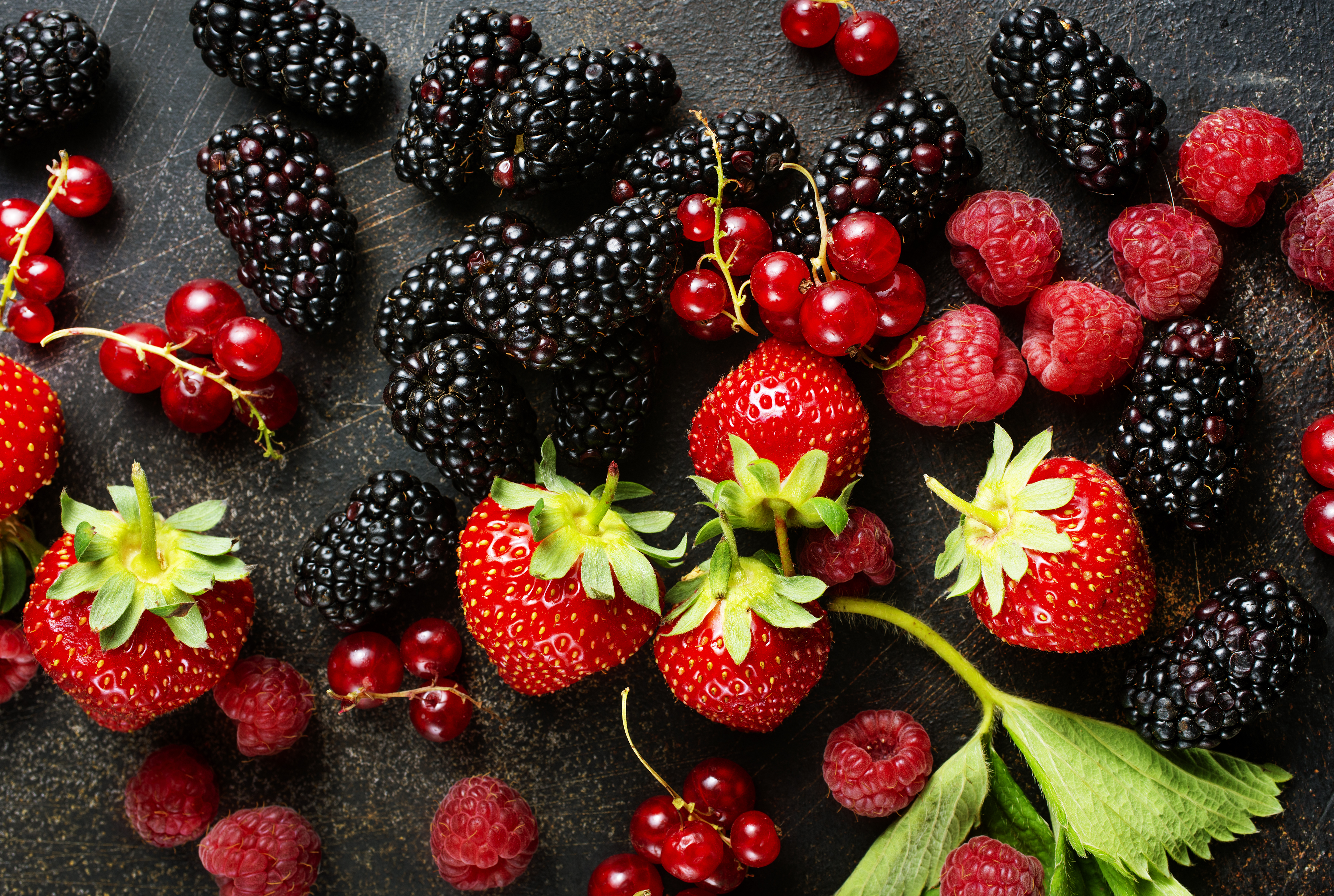
Berries, including strawberries, blueberries, and raspberries, are not only delicious but also packed with antioxidants and fiber. These nutrients help reduce inflammation and improve cholesterol levels. The polyphenols in berries, especially anthocyanins, have been shown to decrease LDL cholesterol and increase HDL cholesterol. Berries can be enjoyed fresh, frozen, or dried, making them a versatile ingredient for smoothies, desserts, or as a topping for cereal and yogurt. Their natural sweetness and health benefits make them a delightful addition to a heart-healthy diet.
7. Legumes: The Protein Powerhouses
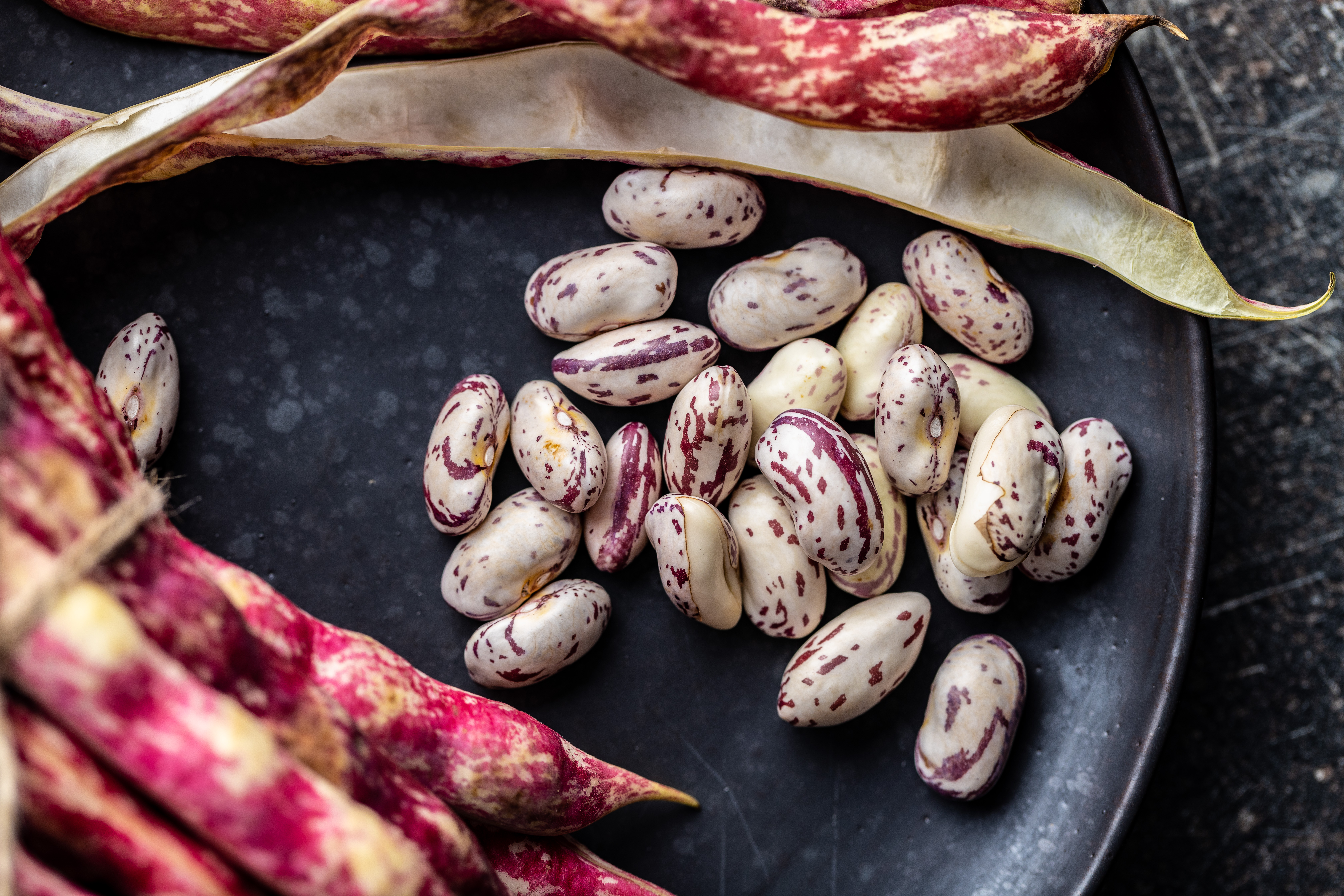
Legumes, such as beans, lentils, and chickpeas, are excellent sources of plant-based protein and fiber. They are low in fat and can help lower cholesterol levels by reducing the absorption of cholesterol in the gut. The soluble fiber in legumes binds to cholesterol and bile acids, promoting their excretion and reducing overall cholesterol levels. Regular consumption of legumes has been associated with a reduced risk of heart disease. They can be used in a variety of dishes, from soups and stews to salads and dips, offering both versatility and nutritional benefits.
8. Leafy Greens: The Chlorophyll Champions
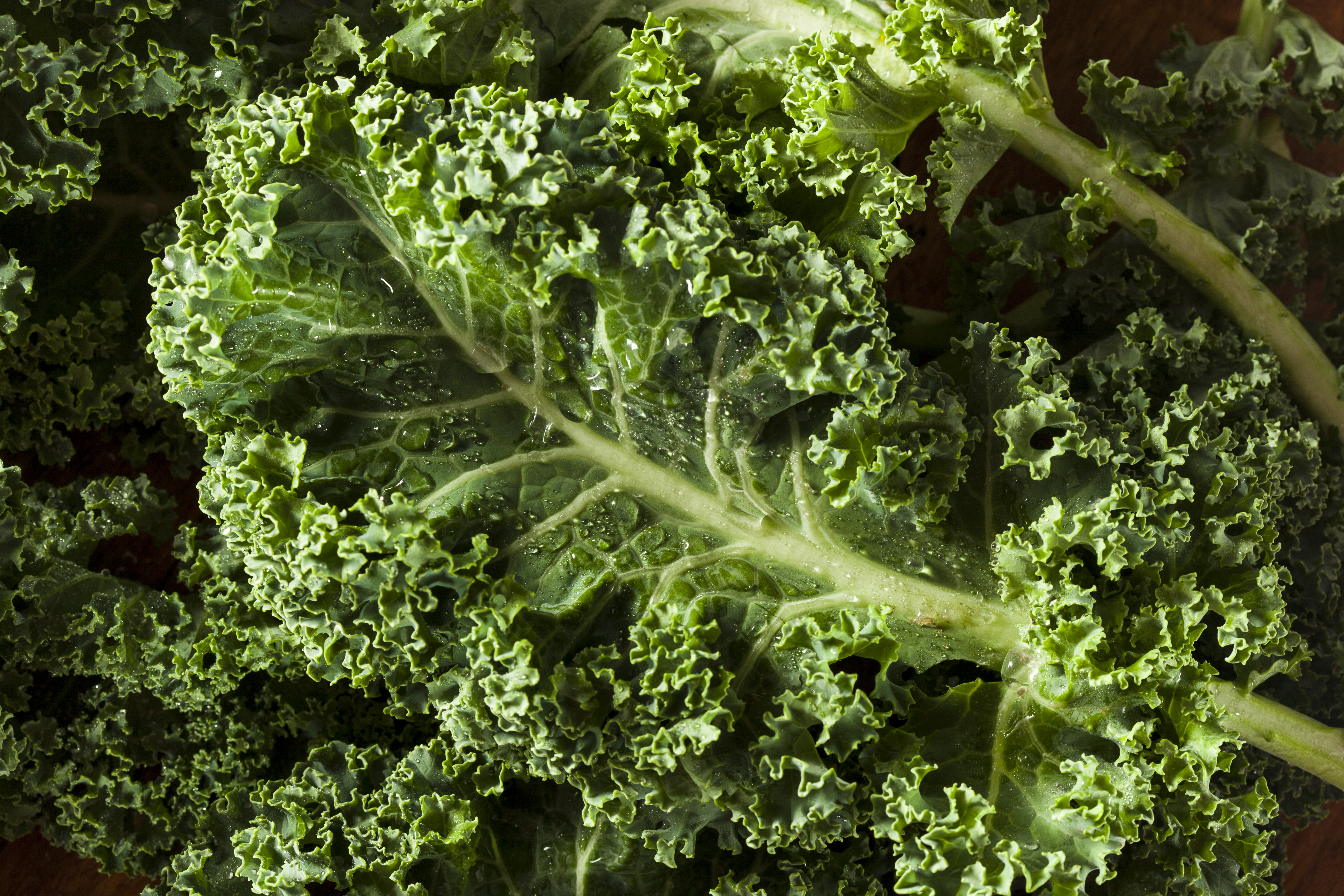
Leafy greens like spinach, kale, and Swiss chard are nutritional powerhouses that can support heart health. They are rich in fiber, vitamins, minerals, and antioxidants, all of which contribute to lower cholesterol levels and improved heart function. The nitrates found in leafy greens help improve blood vessel function and reduce blood pressure, further supporting cardiovascular health. Incorporating leafy greens into your diet is easy; they can be added to smoothies, salads, or sautéed as a side dish, providing a nutrient-dense boost to any meal.
9. Soy Products: A Plant-Based Protein Alternative
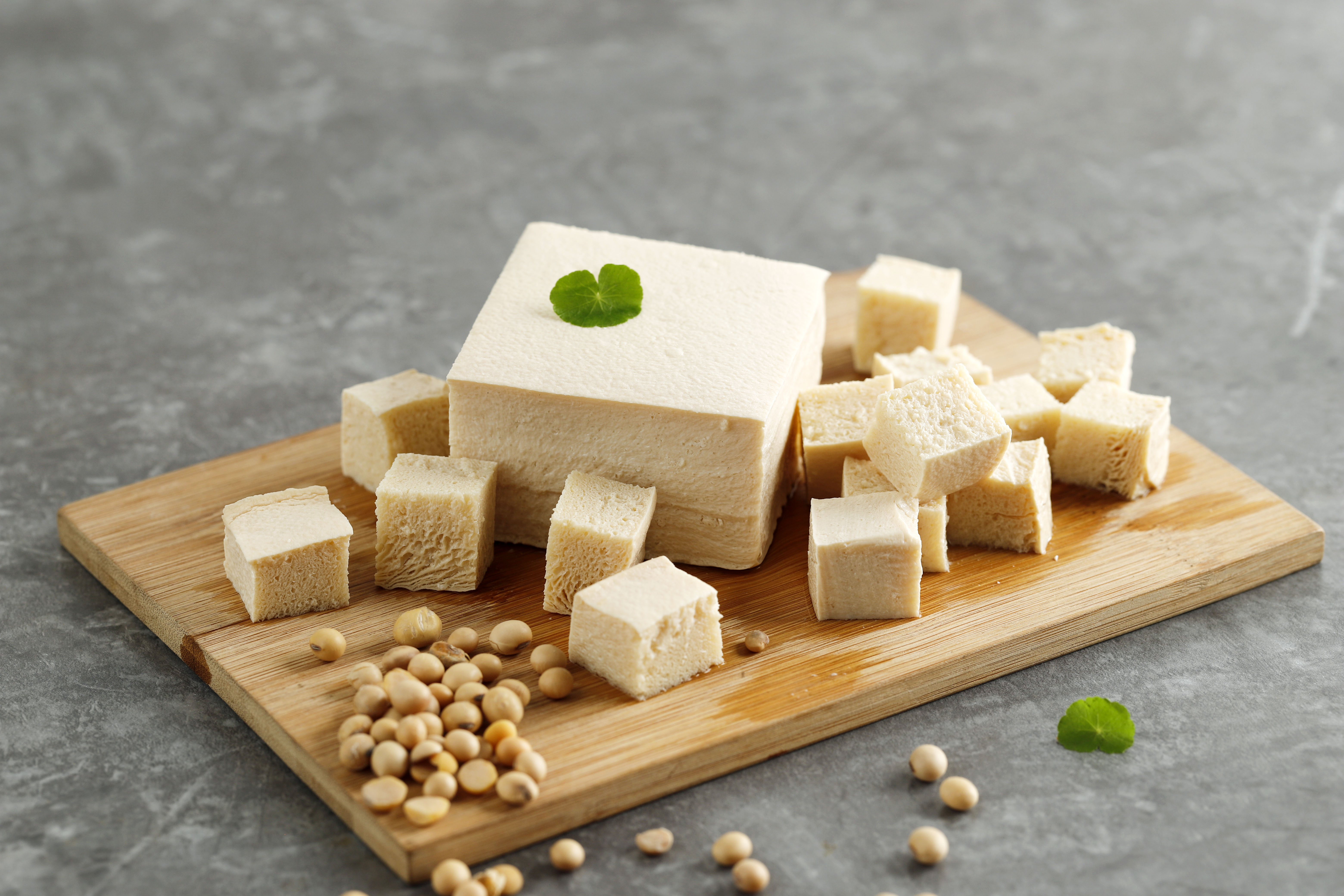
Soy products, including tofu, tempeh, and edamame, are excellent sources of plant-based protein and contain compounds called isoflavones. These compounds have been shown to lower LDL cholesterol and improve heart health. Replacing animal proteins with soy products can help reduce saturated fat intake and provide essential nutrients that support cardiovascular health. Soy products are versatile and can be used in a variety of dishes, from stir-fries and salads to soups and sandwiches, making them a valuable addition to a heart-healthy diet.
10. Olive Oil: The Liquid Gold
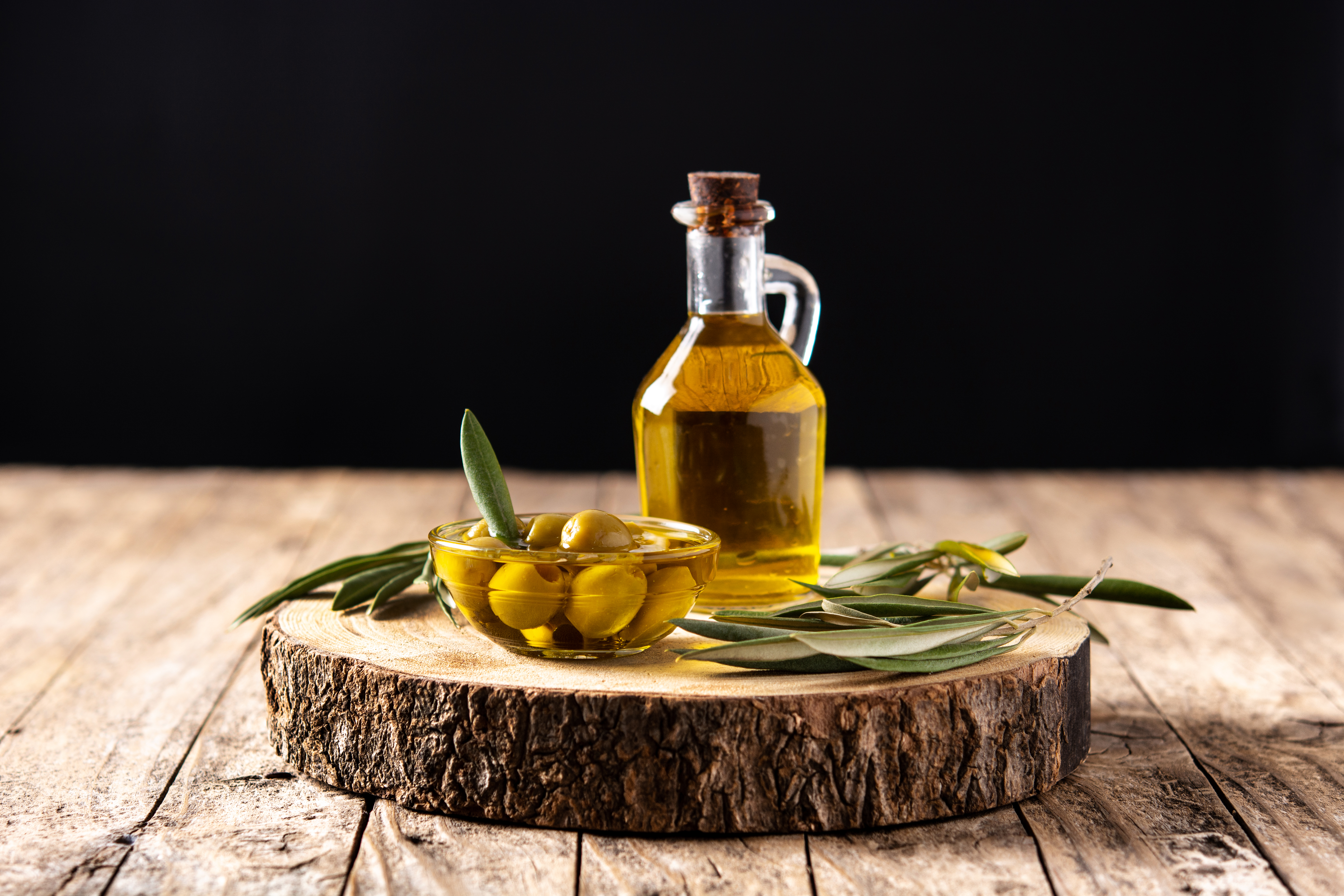
Olive oil is often hailed as a cornerstone of the Mediterranean diet, known for its heart health benefits. Rich in monounsaturated fats and antioxidants, olive oil can help lower LDL cholesterol and improve HDL levels. The polyphenols in olive oil also have anti-inflammatory properties that support overall heart health. Using olive oil as a cooking oil or salad dressing is a simple way to incorporate its benefits into your diet. Opt for extra-virgin olive oil for the highest concentration of beneficial compounds and enjoy its rich flavor and health benefits.
11. Dark Chocolate: A Sweet Indulgence
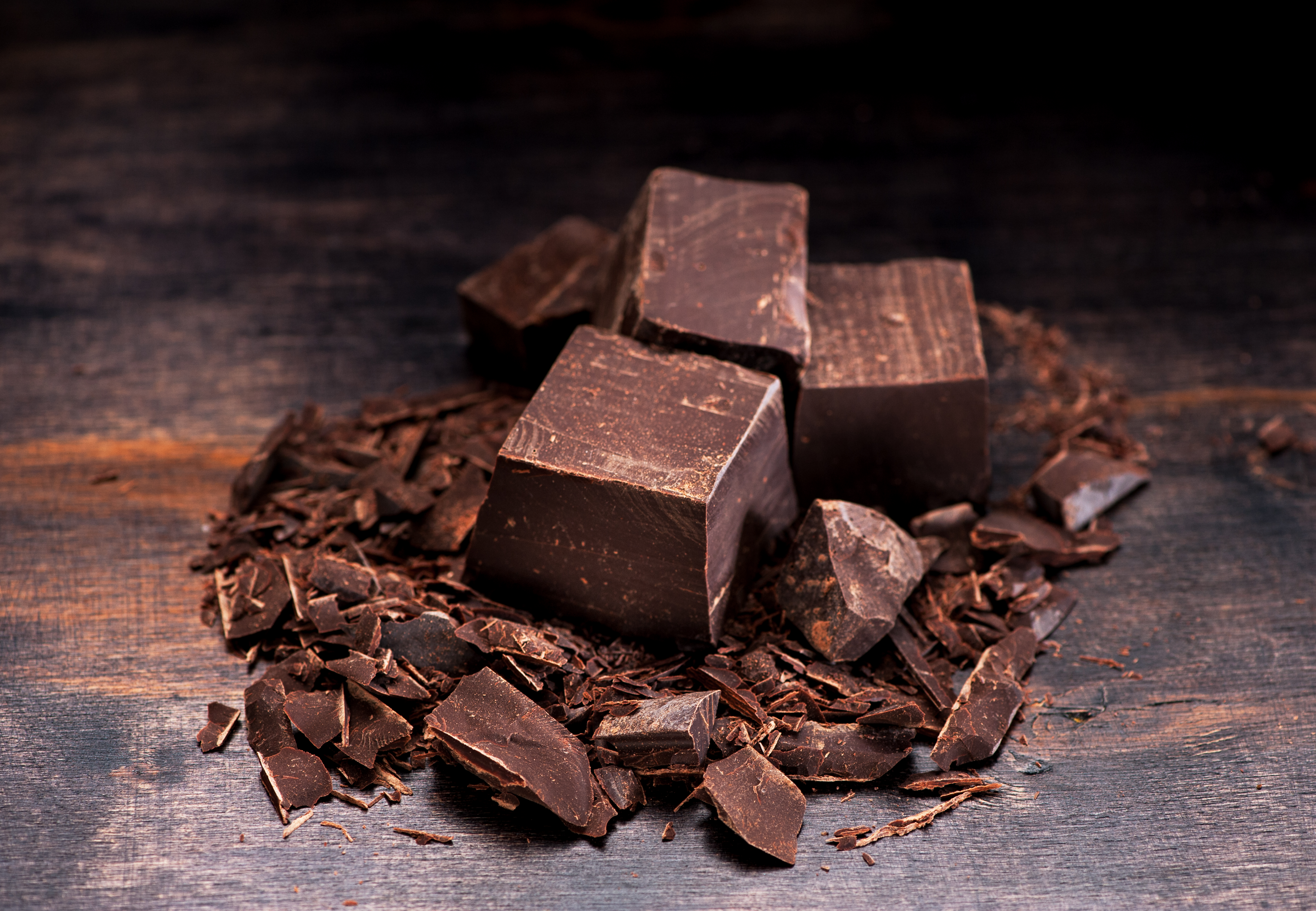
Dark chocolate, when consumed in moderation, can be a heart-healthy treat. It contains flavonoids, antioxidants that have been shown to improve cholesterol levels and reduce the risk of heart disease. Dark chocolate can help increase HDL cholesterol and lower LDL cholesterol, thanks to its cocoa content. Choosing dark chocolate with a high cocoa percentage and minimal added sugars is key to reaping its benefits. Enjoying a small piece of dark chocolate as an occasional treat can satisfy your sweet tooth while supporting heart health.
12. Green Tea: The Soothing Sip

Green tea is a popular beverage known for its numerous health benefits, including its ability to improve cholesterol levels. Rich in catechins, a type of antioxidant, green tea can help lower LDL cholesterol and reduce overall cholesterol levels. Regular consumption of green tea has been associated with a reduced risk of heart disease and improved cardiovascular health. Enjoying a cup of green tea daily can be a soothing and beneficial addition to a heart-conscious lifestyle, offering both relaxation and health benefits.
13. Eggplant: The Glossy Cholesterol Blocker
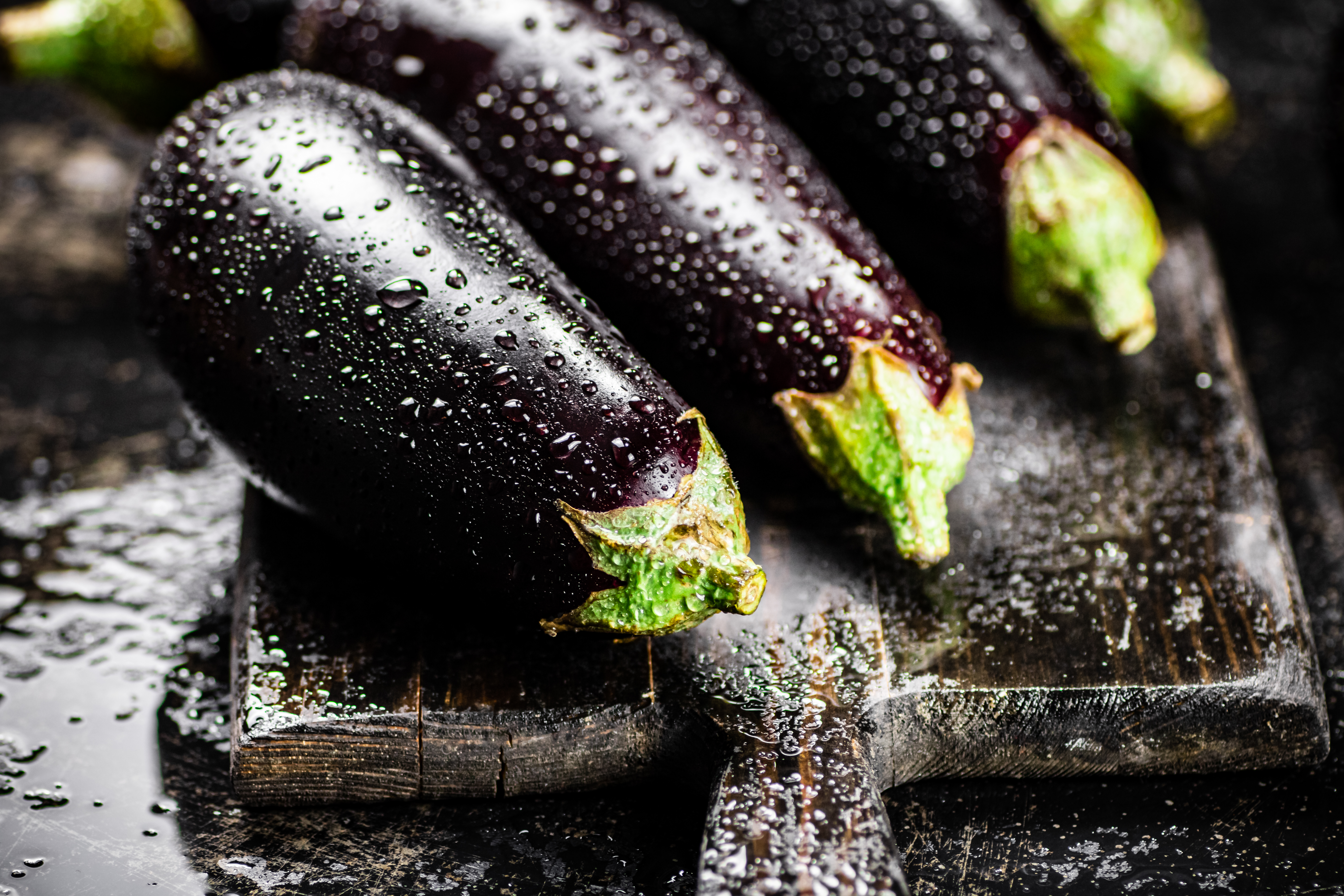
Eggplant may be humble, but its impact on heart health is significant. Packed with soluble fiber and antioxidants like nasunin, this versatile vegetable helps block the absorption of cholesterol in the gut. Its sponge-like texture also allows it to soak up healthy oils like olive oil, amplifying its cardiovascular benefits when cooked smartly. Studies suggest that regular eggplant consumption can reduce LDL cholesterol levels and improve blood lipid profiles. Whether grilled, roasted, or blended into dips like baba ghanoush, eggplant offers a savory, satisfying way to protect your arteries—without the fat or cholesterol of heavier entrees.
14. Okra: The Gut-Friendly Cholesterol Sponge
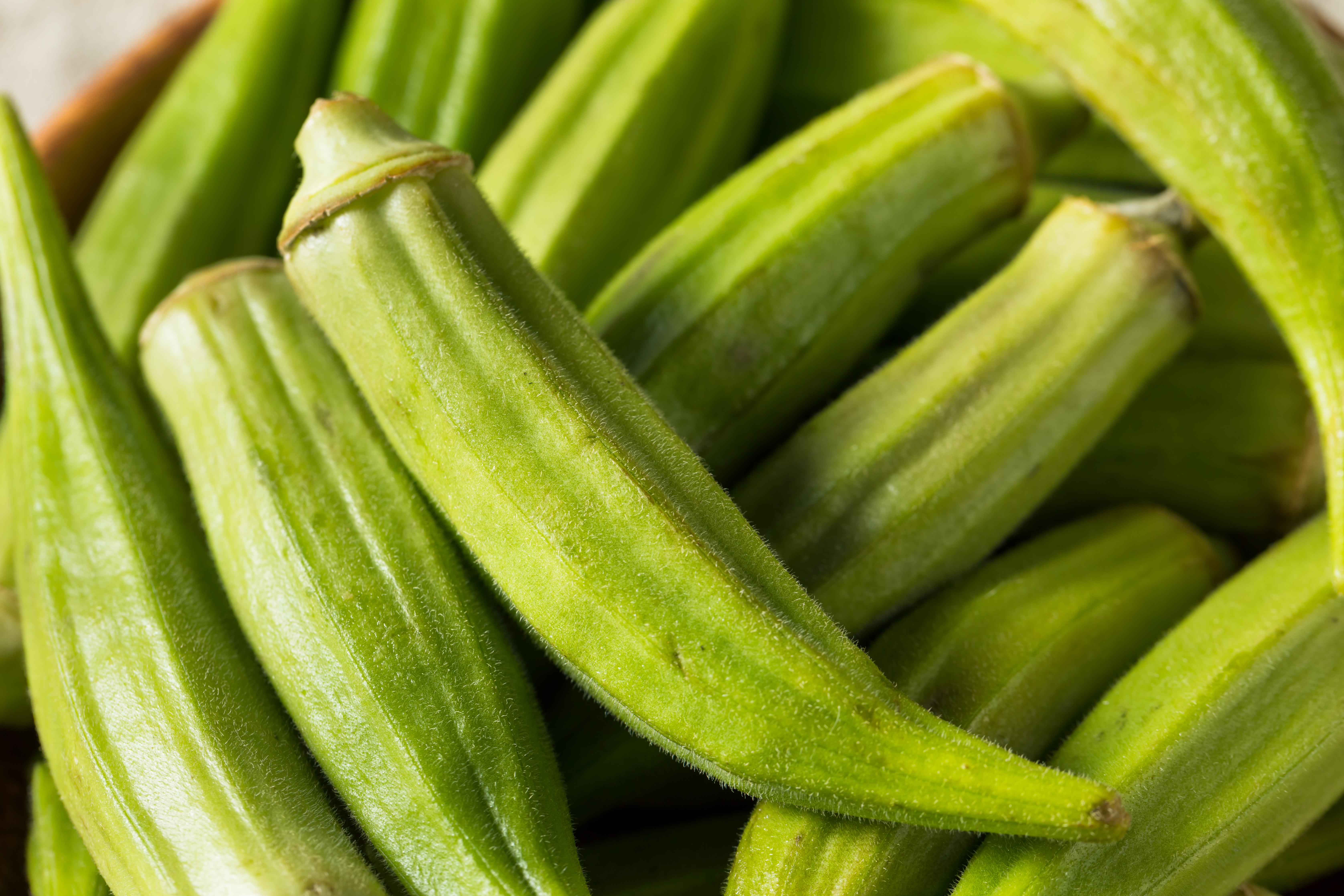
Okra, also known as "lady’s finger," is rich in mucilage—a gel-like soluble fiber that binds to cholesterol in the digestive tract and escorts it out of the body. This unique property makes okra particularly effective at lowering LDL cholesterol levels and improving blood sugar regulation. It’s also a good source of antioxidants and anti-inflammatory compounds, offering added protection to the heart and blood vessels. Incorporate okra into your meals through stews, curries, or stir-fries, or roast it for a crunchy, fiber-rich snack. Its cholesterol-lowering effects are especially beneficial when paired with other high-fiber plant foods.
15. Apples: Crisp, Sweet, and Cardioprotective
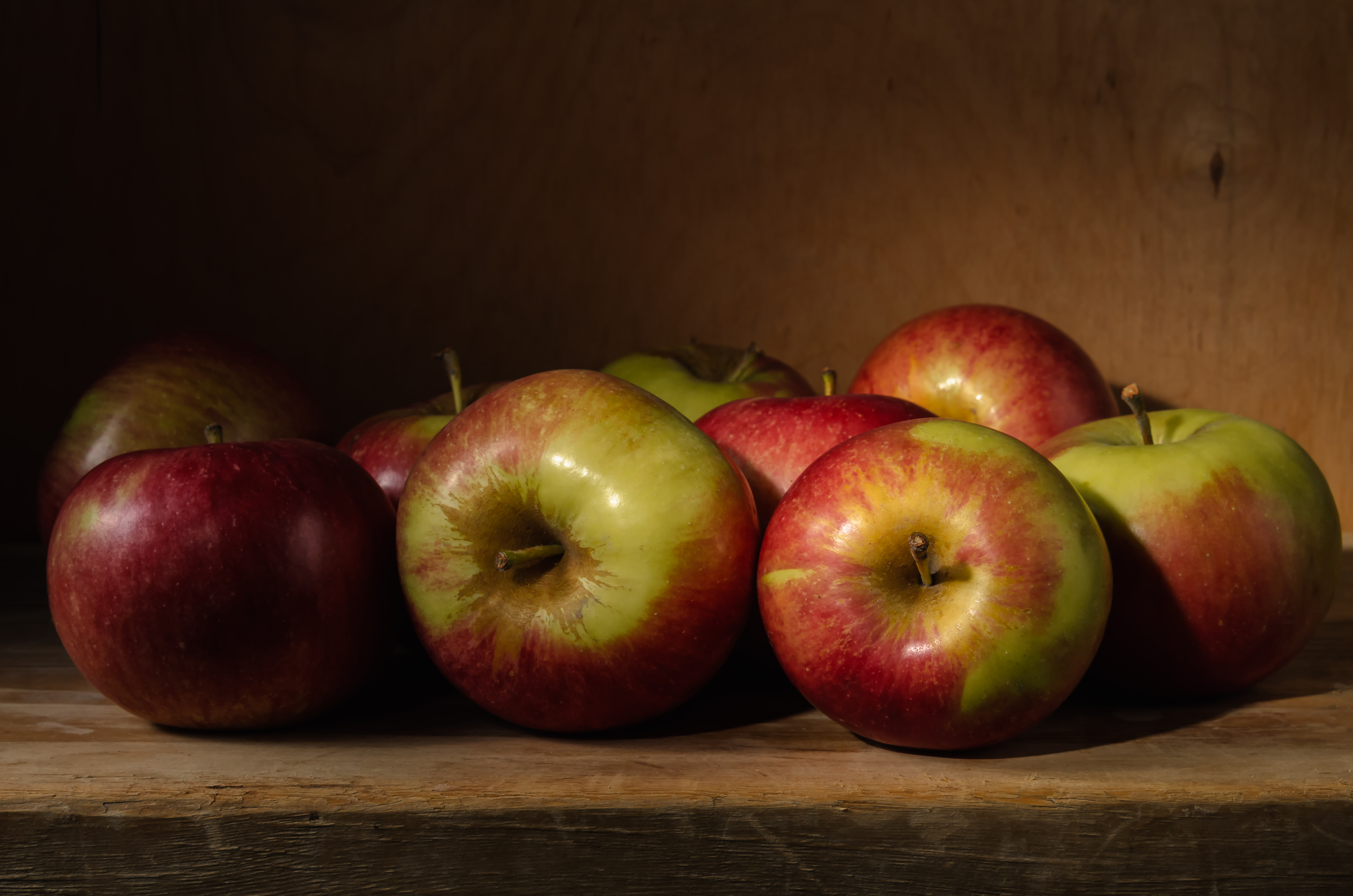
An apple a day really can keep the cardiologist away. Apples are loaded with pectin, a soluble fiber that helps reduce LDL cholesterol by binding it in the gut. They’re also packed with polyphenols, particularly quercetin, which support heart health by reducing inflammation and oxidative stress. Studies show that regular apple consumption can significantly improve lipid profiles and reduce the risk of coronary artery disease. For best results, eat apples with the skin on, where much of the fiber and antioxidants are concentrated. Snack on them raw, slice them into salads, or stew them gently for a naturally sweet dessert.
16. Ground Flaxseeds: Omega-3 and Fiber in One

Ground flaxseeds are a dual threat against high cholesterol: they deliver both soluble fiber and alpha-linolenic acid (ALA), a plant-based omega-3 fatty acid known for its heart-protective properties. The fiber binds cholesterol in the digestive system, while ALA reduces inflammation and supports arterial function. Research consistently shows that daily flaxseed consumption can lower LDL cholesterol and even modestly increase HDL. For best absorption, use ground (not whole) flaxseeds, and stir them into smoothies, oatmeal, or baked goods. Just two tablespoons a day can make a measurable difference in your cholesterol profile—and your overall heart health.
17. Grapes: Little Clusters, Big Impact
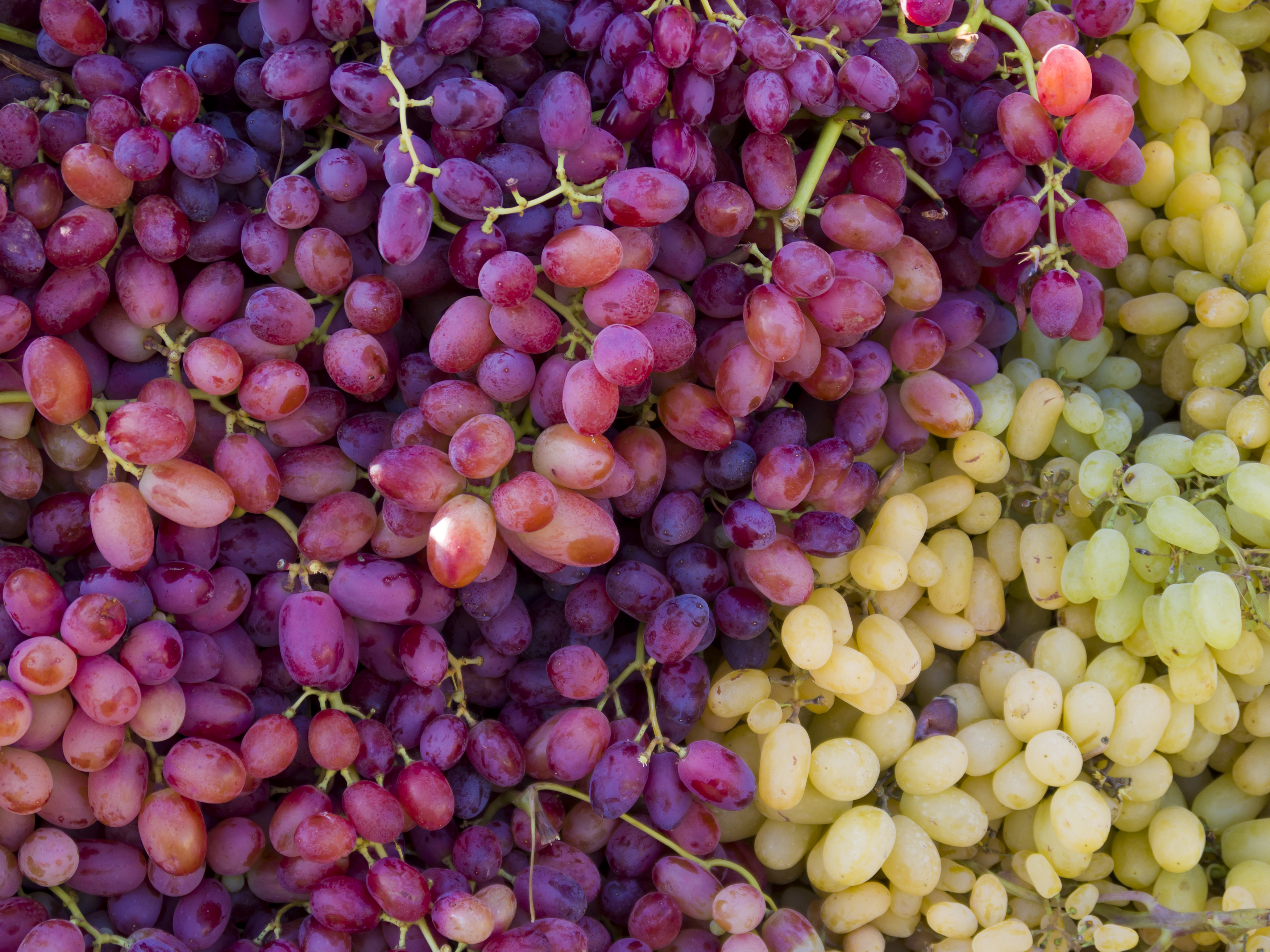
Grapes, especially red and purple varieties, are rich in resveratrol and flavonoids—antioxidants shown to reduce LDL cholesterol and protect the arteries from oxidative damage. These compounds help prevent cholesterol from oxidizing, a key step in the formation of artery-clogging plaques. Grapes also contain fiber and natural compounds that improve blood vessel flexibility and reduce inflammation. Snack on them fresh, freeze them for a cool treat, or add them to grain salads for a sweet-savory twist. A handful of grapes a day can do more than satisfy a craving—it can help guard your heart from the inside out.
18. Tomatoes: The Lycopene Heart Guardian

Tomatoes, a versatile fruit often used as a vegetable, are an excellent source of lycopene, a powerful antioxidant that has been shown to support heart health. Lycopene helps reduce inflammation and protect against the oxidation of LDL cholesterol, a key step in the formation of arterial plaques. Cooking tomatoes, such as in sauces or soups, increases the bioavailability of lycopene, making it easier for the body to absorb. By adding tomatoes to your diet, you're embracing a heart-healthy food that enhances both flavor and wellness.
19. Onions: The Quercetin-Rich Circulation Booster
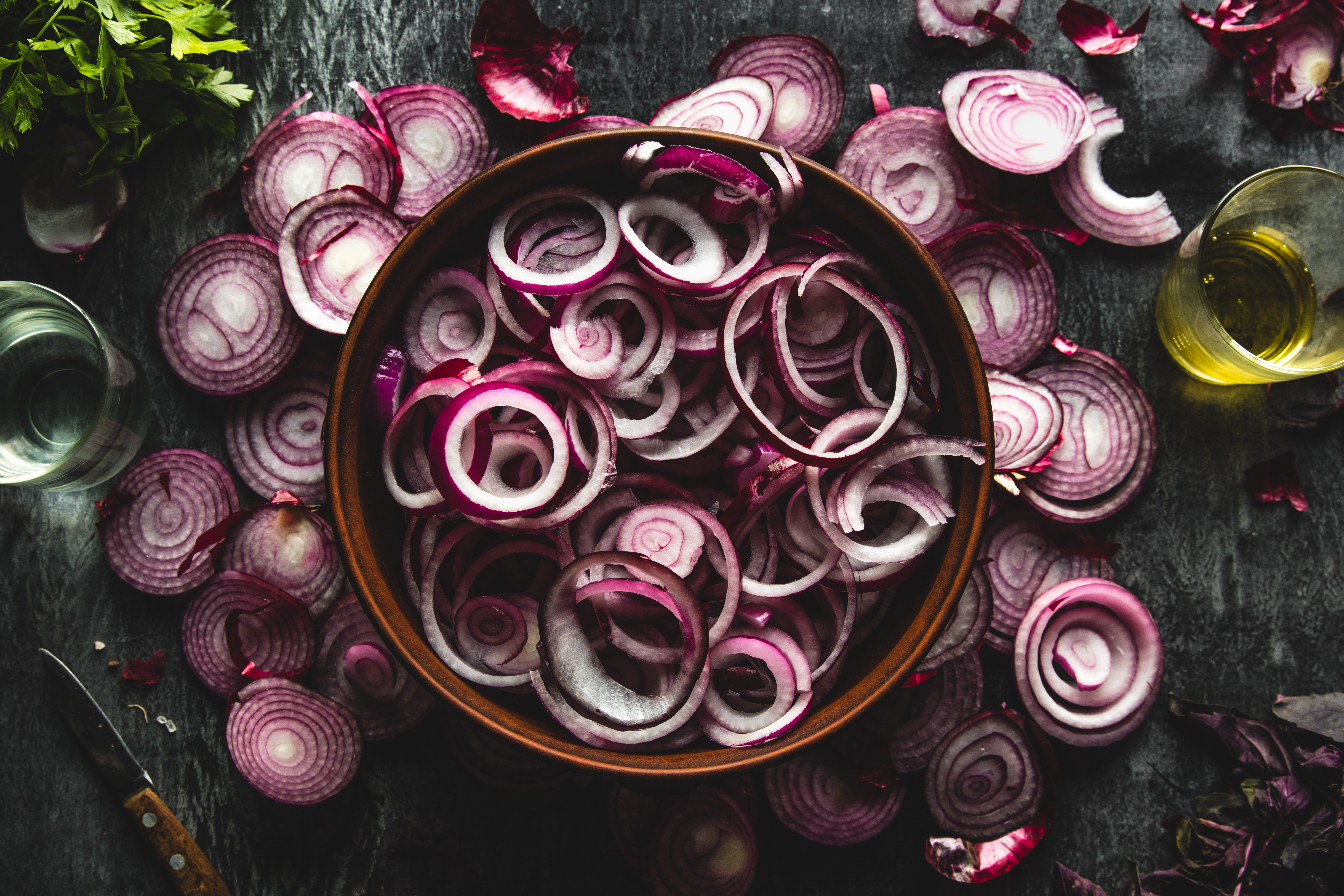
Onions, a foundational ingredient in many cuisines, are more than just a flavor enhancer; they are a potent ally in the fight against high cholesterol. They are rich in quercetin, a flavonoid antioxidant that has been shown to improve blood flow, reduce inflammation, and lower blood pressure. Quercetin also helps prevent the formation of blood clots, further supporting heart health. By incorporating onions into your meals, you're embracing a heart-healthy food that enhances both flavor and wellness.
20. Broccoli: The Sulforaphane Savior
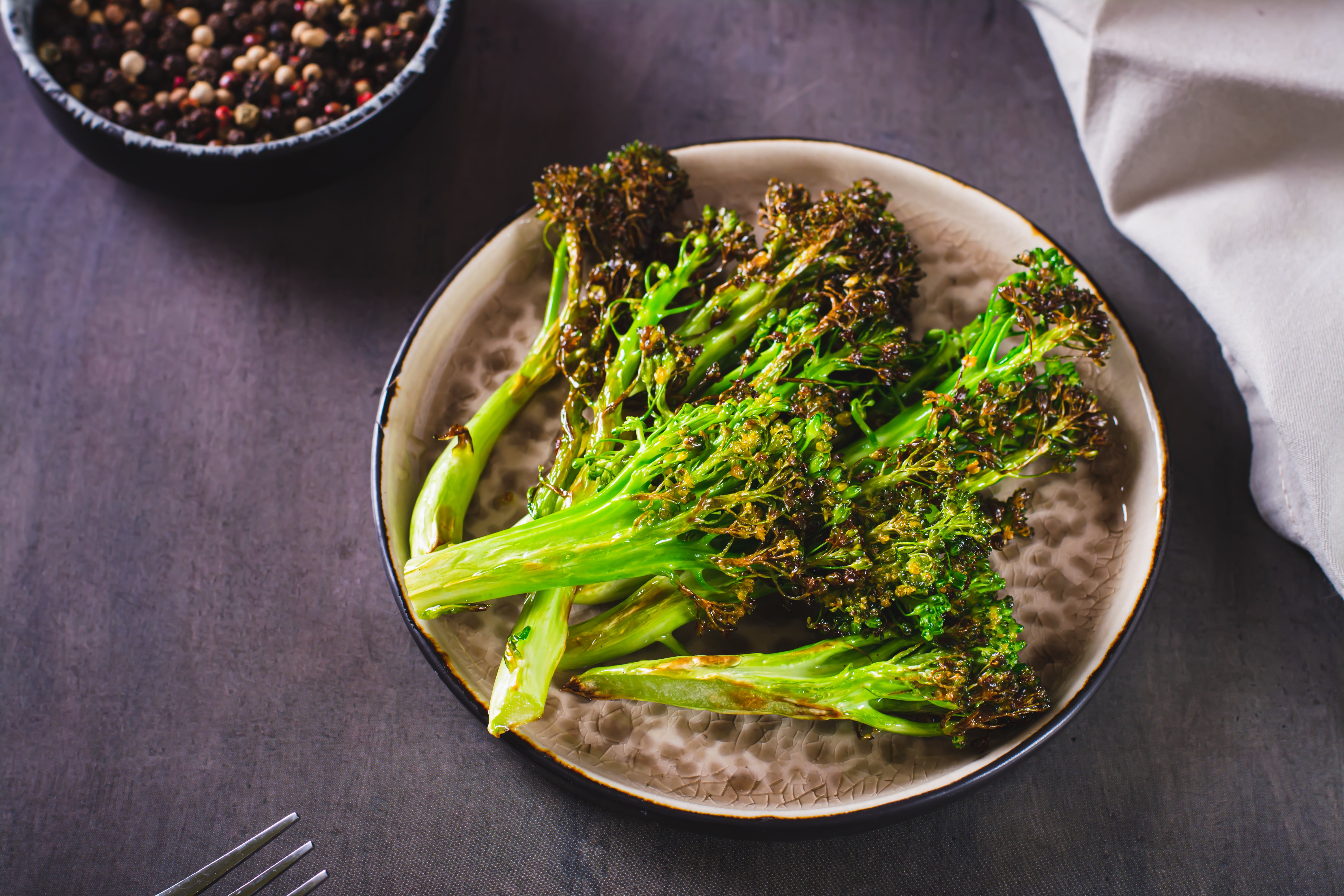
Broccoli and other cruciferous vegetables like cauliflower and Brussels sprouts are anti-inflammatory and cholesterol-lowering powerhouses. They contain a powerful compound called sulforaphane, which helps to activate a pathway in the body that reduces inflammation and oxidative stress. Broccoli is also rich in soluble fiber, which binds to cholesterol in the gut and aids in its excretion. Steaming or lightly cooking broccoli preserves its sulforaphane content, making it a potent and versatile addition to any heart-healthy diet.
21. Black Beans: The Slow-Carb Heart Ally
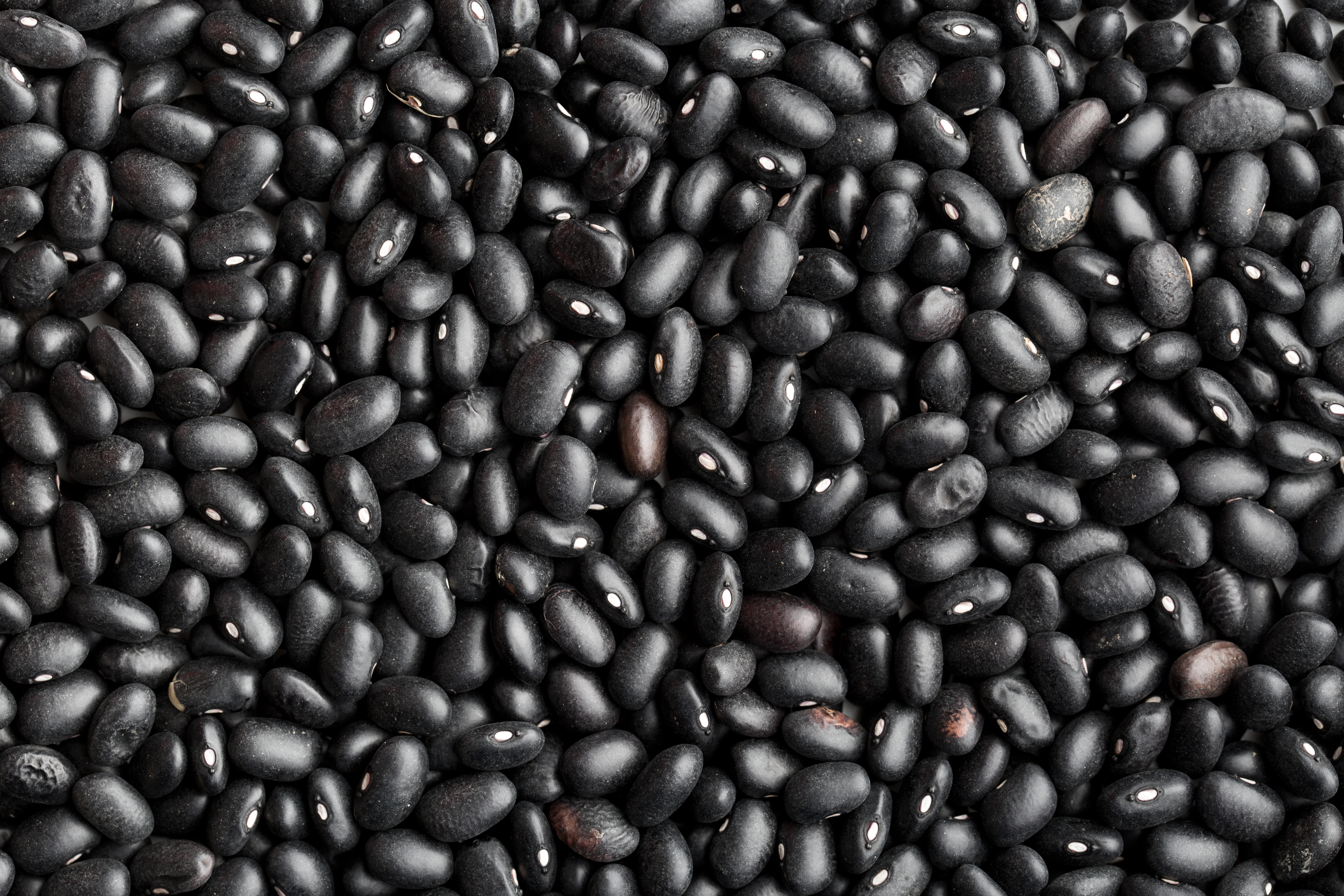
Black beans, a common legume, are a powerhouse of nutrients that support heart health. They are rich in soluble fiber, which binds to cholesterol and helps remove it from the body, and they are also a great source of plant-based protein. Regular consumption of black beans has been associated with a reduced risk of heart disease, making them a simple and effective tool for heart health. They can be used in a variety of dishes, from soups and stews to salads and dips, offering both versatility and nutritional benefits.
22. Pomegranate: The Punicalagin Protector

Pomegranate is a vibrant, ruby-red fruit that is a powerful ally in the fight against high cholesterol. It contains punicalagins, which are potent antioxidants that have been shown to reduce inflammation and protect against oxidative stress. Pomegranate also contains ellagic acid, a unique antioxidant that has been shown to protect collagen from degradation. By enjoying the seeds, the juice, or a supplement, you're embracing a heart-healthy food that enhances both flavor and wellness.
Eat to Lower, Live to Thrive

These aren’t fads or quick fixes—they’re time-tested, research-backed ingredients that nourish your body while lowering LDL and supporting overall wellness. Whether you’re making a full dietary shift or adding one new food at a time, know this: small changes compound into lifelong benefits. So eat boldly, eat wisely, and let your food do the work your body will thank you for. Because when you eat for your heart, you’re not just lowering numbers—you’re raising the bar for how good healthy can feel.
